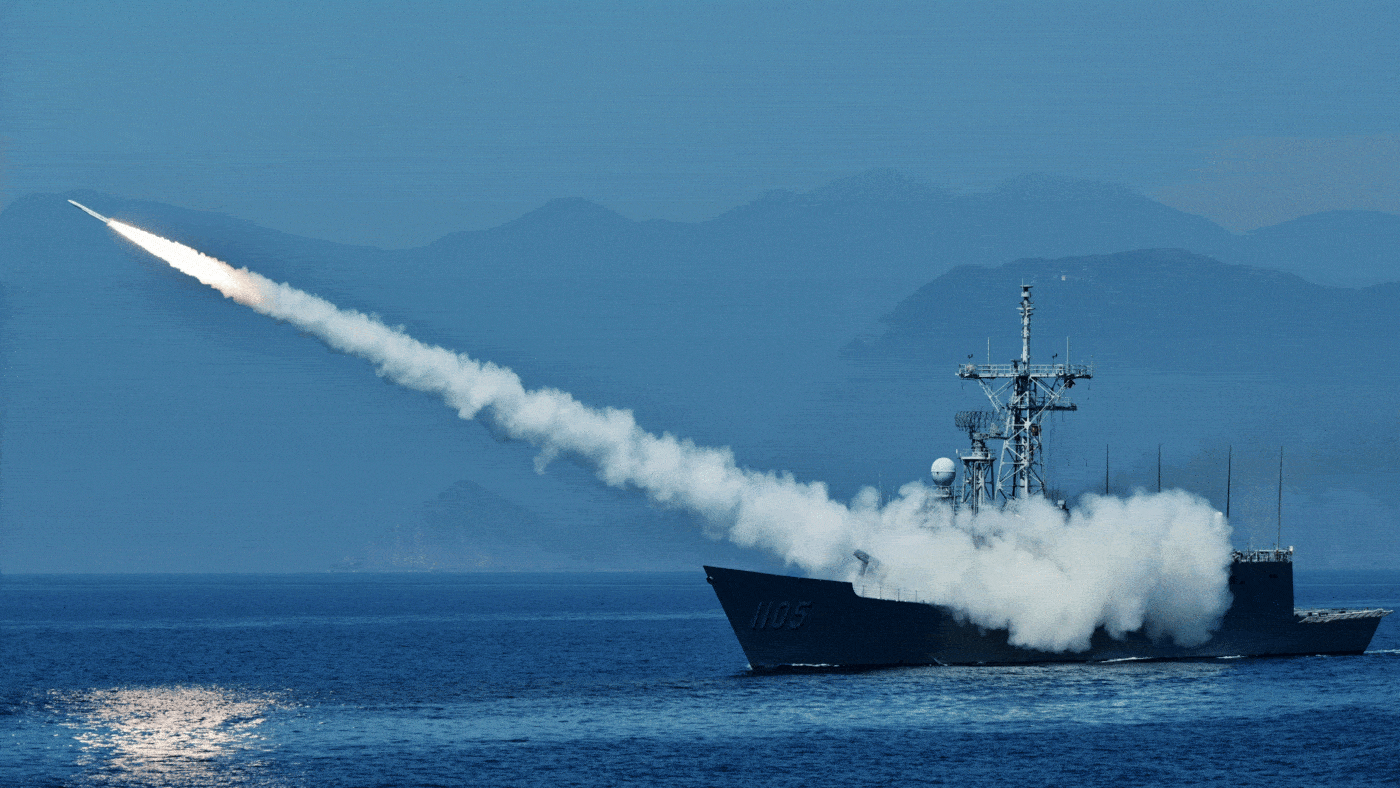President Xi Jinping’s third term will be defined by a single geopolitical objective: the reunification of China and Taiwan. He made that much clear in his address to the Communist Party’s 20th Congress, where he told delegates that ‘the wheels of history are rolling on towards reunification and the rejuvenation of the great Chinese nation… we will never promise to renounce the use of force’.
For the past five decades, the United States has helped to avert conflict over Taiwan through strategic ambiguity. By helping Taiwan ‘to maintain a sufficient self-defence capacity’ without explicitly guaranteeing it against Chinese aggression, Washington has both deterred Beijing from seizing the island and discouraged Taipei from declaring independence. However, China’s growing military capabilities threaten to derail this approach. Admiral Philip Davidson, Head of US Indo-Pacific Command, noted last year that the military balance in the region has ‘become more unfavourable’ to America, and could ’embolden China to unilaterally change the status quo before our forces may be able to deliver an effective response’. Beijing is expected to strike by 2027, the final year of Xi’s third term as President and the completion date of the PLA’s modernisation programme, although US Secretary of State Antony Blinken and Chief of Naval Operations Admiral Mike Gilday have recently suggested that China could act within the next two years.
The UK would struggle to stay aloof if such a conflict were to erupt. London has committed to playing a leading role in promoting regional peace and stability as part of its ‘Indo-Pacific tilt’, and many of its regional allies have already indicated their readiness to side with Taiwan against China: President Biden has issued statements suggesting he would defend Taiwan with US forces, The late Shinzo Abe described strategic ambiguity as ‘untenable’ and Australian defence minister Peter Dutton claimed it was ‘inconceivable’ that Canberra would not support Washington in a campaign to defend Taiwan from China.
So it is vital for the UK and its allies to adopt a policy of strategic clarity. Our best hope of deterring Beijing lies in demonstrating both the will and the capacity to resist aggression. As long as our commitment to Taiwan’s security remains uncertain, China will be tempted to escalate towards conflict in the expectation that we will back down.
Most importantly, Taiwan should receive an unambiguous and multilateral security guarantee. The UK must commit to respond militarily to any attempt to use force against Taiwan, whether this be a blockade or an amphibious invasion. London must also work closely with regional allies to present a united front. It could begin by building on existing security partnerships such as AUKUS. Ben Wallace has already offered to send Royal Navy submarines to the Indo-Pacific to plug the capability gap between Australia retiring its current submarine fleet and deploying its new one: the next logical step would be for London, Canberra and Washington to sign a trilateral pact to defend Taiwan against Chinese aggression.
Boosting Taipei’s capacity to resist Beijing is equally important. The UK could begin with Taiwan’s military assets: as the war in Ukraine demonstrated, asymmetric defences, such as anti-ship missiles, mines and surface-to-air missiles can prove highly effective in frustrating and even defeating a large-scale invasion. At the moment the UK makes a limited contribution to Taiwanese security through arms sales. We would do well to emulate the more comprehensive measures in the US Senate’s 2022-3 Taiwan Relations Bill, including direct funding for Taiwanese defence capabilities, joint training, planning and arms transfers.
In addition, the UK’s own armed forces could make a significant contribution to deterrence. Repeated visits to and co-deployment with regional allies, known as pulsing, would enable UK assets to have a force multiplier effect in the regional balance of power, especially in the crucial categories of nuclear-powered submarines and Type 26 frigates. The UK could also exert pressure on China beyond the Indo-Pacific by threatening its access to sea lanes such as the Straits of Malacca, upon which Beijing depends for its hydrocarbon, container and cargo shipments.
Strategic clarity does not come without risks. It is always possible that Beijing could be provoked into pre-emptive action. This makes it vital to avoid any suggestion of Taiwanese independence: the UK and its allies should not take a position on the precise shape of a resolution of cross-strait differences and simply continue to insist that any such resolution come about peacefully.
The immeasurably greater risk, however, lies in failing to deter Chinese aggression. A Chinese attack on Taiwan would prove geopolitically catastrophic, potentially triggering the extinction of a democracy, the quasi-monopolisation of the world’s microchip manufacturing capacity and a war which we would not be guaranteed to win. President Xi stands on the brink of a precipice. It is not too late to convince him to step back.
Click here to subscribe to our daily briefing – the best pieces from CapX and across the web.
CapX depends on the generosity of its readers. If you value what we do, please consider making a donation.


